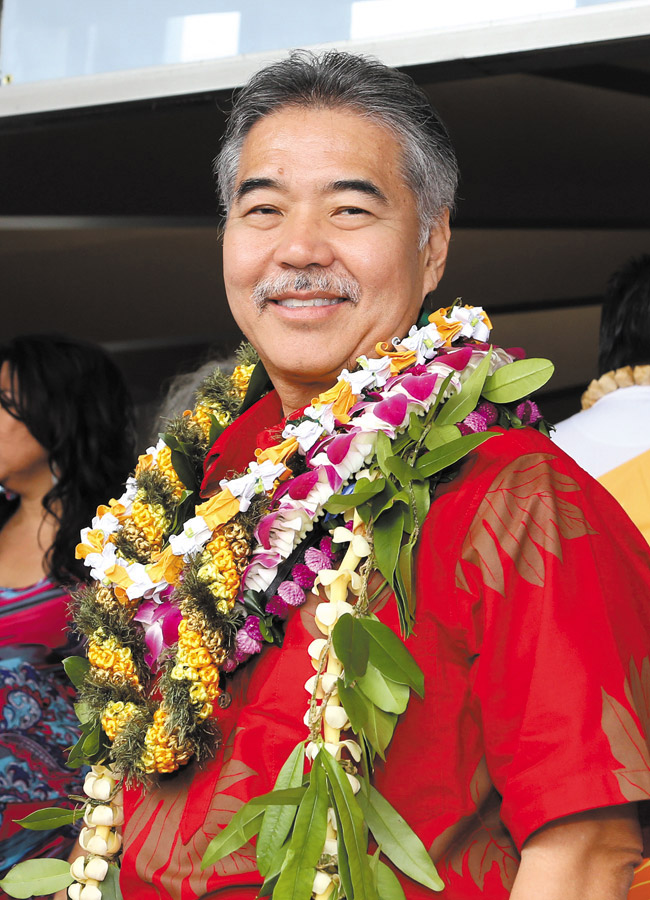Generally Speaking, Election Was A Yawn
Yawning was the order of general election day 2014. Did I miss anything that might excite? No, Democrats won every marquee race.
Governor? Check.
U.S. Senate seat? Of course.
1st Congressional District? Yep.
2nd Congressional District? Ditto.
How about the undercard? Need I look? Incumbents took every legislative seat save one, and all but a few of those victorious incumbents were Democrats.
Thus the Republican Party’s share of the state House rose from seven to eight of 51; its share of the state Senate remains at one of 25.
This woeful Republican showing bucked a national trend that saw the GOP take control of the United States Senate, push their numbers in the House of Representatives to a record-setting 250, and increase its share of the nation’s governors to 30 — all of which made for an electoral train wreck for native son Barack Obama and his Democracy.
But a blue flag continues to wave in Hawaii’s trade winds.
So is there anything in the post-election day numbers that might stifle a yawn?
No, but delights abound. David Ige’s victory, for example. It flies in the face of every hard-nosed, terminally cynical political consultant’s dismissive comment that “nice guys finish last.”
Ige’s a thoroughly nice guy. Anyone who’s known him during his long career in the Legislature knows that.
And that a nice guy can, despite being outspent 10 to 1, beat an incumbent governor 2 to 1 in the primary election, then triumph over two better known candidates in the general … well, that’s nice. Real nice.
Ige’s victory and that of Mark Takai also delight this political analyst. Whenever I start talking ethnic politics, my colleagues in the trade say, “No way. People in Hawaii don’t vote ethnicity any more. That was an older generation, another time.”
“Oh yeah?” say I. “Way.” Put an American of Japanese ancestry, the most dedicated ethnic voters in the state, up against a Hawaiian and a Samoan, two historically indifferent voting groups, and the AJA wins.
Delight can be found as well in the vote to approve the Maui anti-GMO initiative. You have to like any vote total, however anti-science it may be, that thumbs its nose at an expenditure of $7.9 million to advertise one side of a ballot issue.
That kind of money can be as poisonous to democracy as fearful anti-GMO folks feel Monsanto’s pesticides are to the public’s health.
The general election results burnished, ever so slightly, the reputation of pollsters. Their final surveys showed Ige winning the governorship, although by less than the margin he did. They also got 1st Congressional District right, but again not the margin. The pollsters had it close; Takai won comfortably.
This last sobers as much as it delights. Over the past few decades, too many Hawaii Republicans have felt compelled to switch parties; if a
Republican with ambitions to hold office, because it couldn’t be realized with an “R” behind your name; if an elected Republican, because operating in a legislative minority proved too frustrating.
Waianae Coast voters elected Karen Awana to the House as a Republican. Then she switched her allegiance. On Nov. 4, Awana became the only incumbent Democrat to lose a re-election bid.
Republican Gil Riviere lost his House seat two years ago in a Republican primary. This year, Riviere changed the “R” to a “D” behind his name and won an open Windward Oahu Senate seat, beating the Republican who had unseated him.
Call it Riviere’s revenge.
dbboylan70@gmail.com






